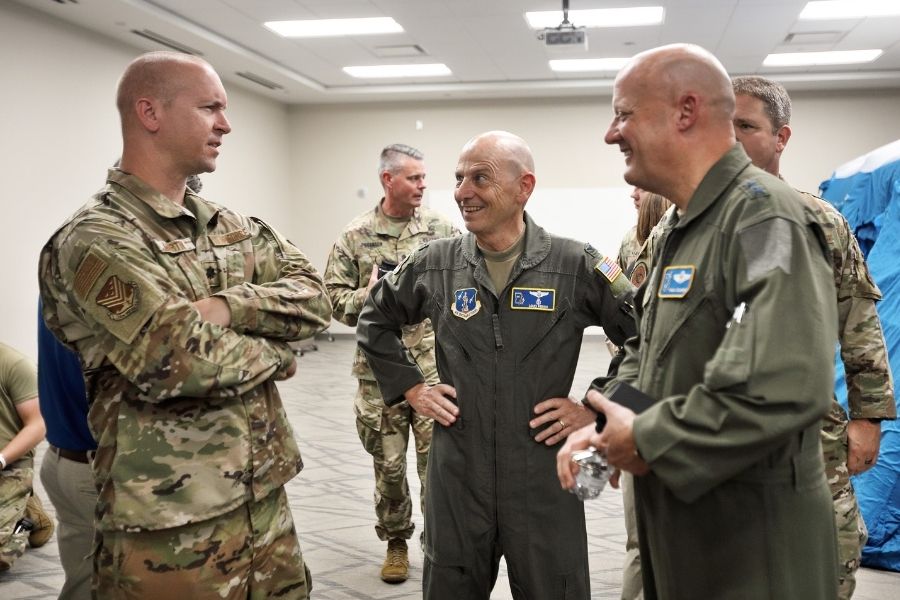Trinity Medical Sciences University Blog
Catch up on campus news, global healthcare initiatives, new partnerships, student spotlights, and more!

Medical School After Military Service: How Veterans Transition to Medicine
January 27, 2026
Thinking about medical school after military service? Learn how veterans prepare, overcome common challenges, and transition successfully into medicine.

Balancing Family, Work, and Medical School: How Students Make It Work at Trinity School of Medicine
January 15, 2026
Learn how non-traditional students balance medical school with family and other responsibilities, and how Trinity School of Medicine supports their journey to an MD.

Is It Too Late to Become a Doctor? Why Your 30s or 40s Might Be the Perfect Time
January 2, 2026
It’s never too late to become a doctor. Learn how attending medical school in your 30s or 40s can give you an edge, and how to overcome the challenges of starting later in life.
.jpg)
My Journey to Trinity School of Medicine!
December 8, 2025
Follow Mary-Angel’s journey from working as a CNA to studying at Trinity School of Medicine, and discover what life is like for her as a student today!







